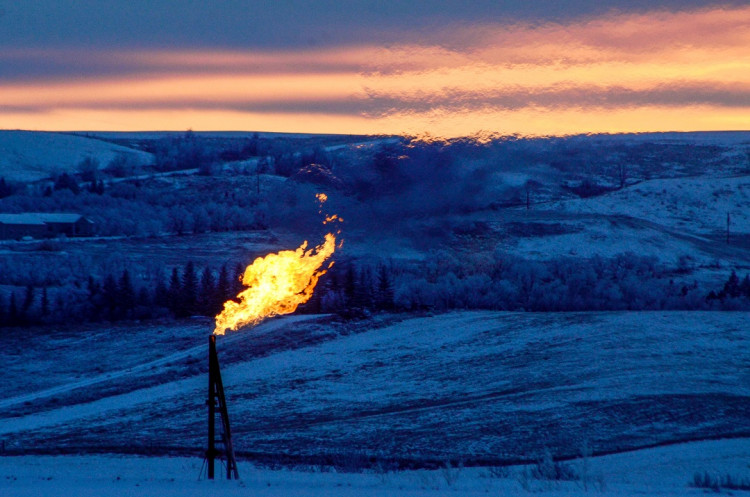In a significant move reflecting the Biden administration's commitment to environmental conservation, the U.S. Interior Department announced the cancellation of oil and gas leases in a federal wildlife refuge. These leases, acquired by an Alaska state development agency, were initially granted during the final days of the Trump administration.
The decision to revoke these leases comes amidst growing concerns about the environmental impact of drilling in sensitive areas, particularly in regions that serve as habitats for diverse wildlife. The federal wildlife refuge in Alaska is one such area, with its pristine landscapes and rich biodiversity making it a focal point for conservationists and environmental activists.
The leases had been a point of contention since their inception, with critics arguing that they posed significant threats to the environment and could lead to irreversible damage to the refuge's ecosystem. The acquisition of these leases by the Alaska state development agency during the Trump era had been seen by many as a move to expedite oil and gas exploration in the region, bypassing the usual regulatory checks and balances.
The Biden administration's decision to cancel these leases underscores its broader strategy to prioritize environmental conservation and combat climate change. By halting potential drilling activities in the refuge, the administration is sending a clear message about its stance on preserving natural habitats and ensuring sustainable development.
While the move has been lauded by environmentalists, it is likely to face criticism from proponents of the oil and gas industry, who view such leases as essential for energy security and economic growth. The debate over drilling in Alaska's wildlife refuges has long been polarized, with economic interests often clashing with environmental concerns.
The cancellation of the leases also raises questions about the future of oil and gas exploration in the U.S., especially in areas that are ecologically sensitive. As the global community grapples with the challenges of climate change, decisions like these highlight the need for a balanced approach that takes into account both environmental and economic considerations.
In the coming days, it will be crucial to monitor the reactions from various stakeholders, including the oil and gas industry, environmental groups, and local communities in Alaska. The decision could set a precedent for future policy decisions related to energy exploration and environmental conservation.
In conclusion, the U.S. Interior Department's move to cancel the oil and gas leases in Alaska's federal wildlife refuge marks a significant step in the Biden administration's environmental agenda. While the decision is a win for conservationists, it underscores the ongoing challenges in striking a balance between economic development and environmental preservation.






